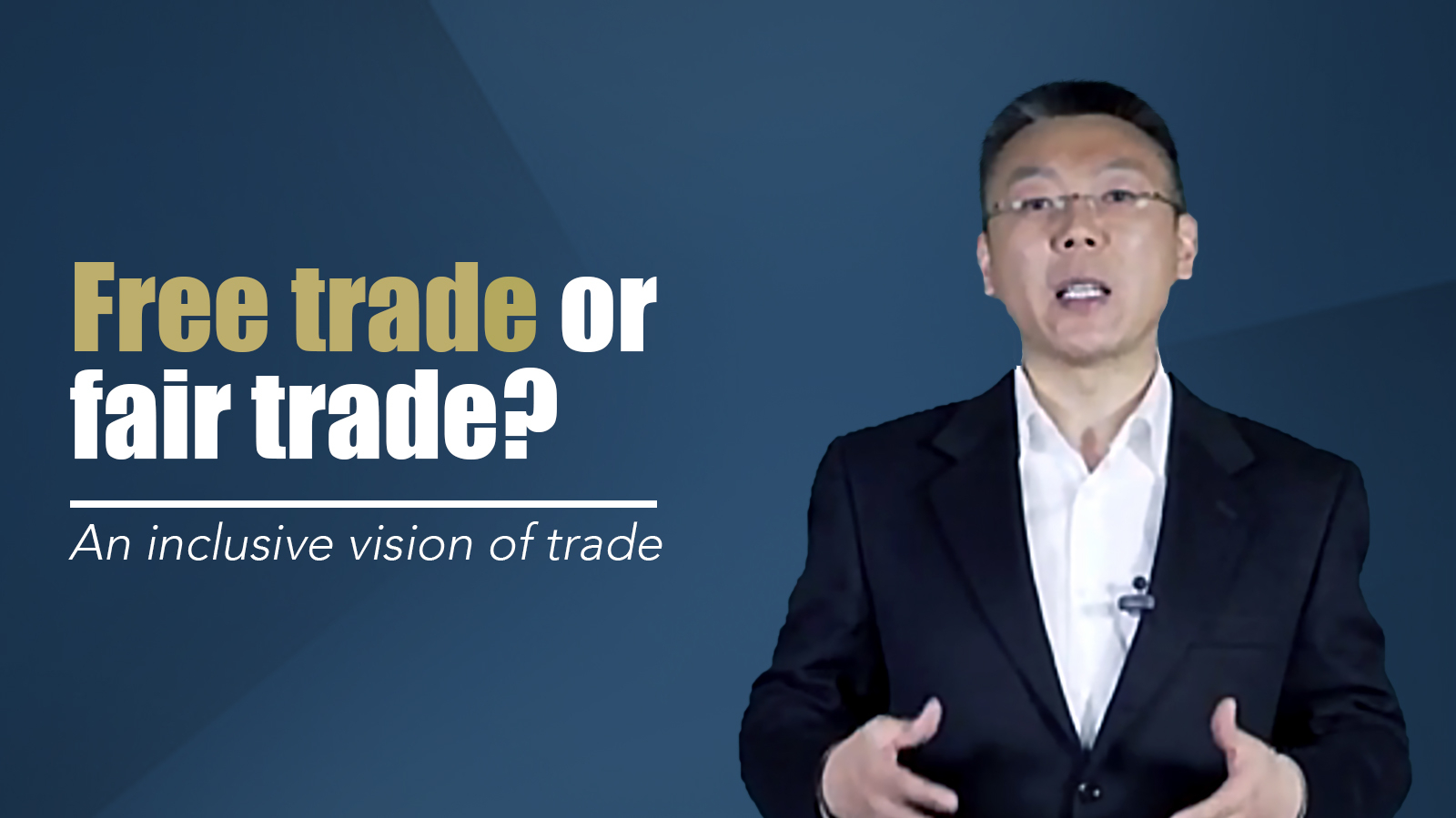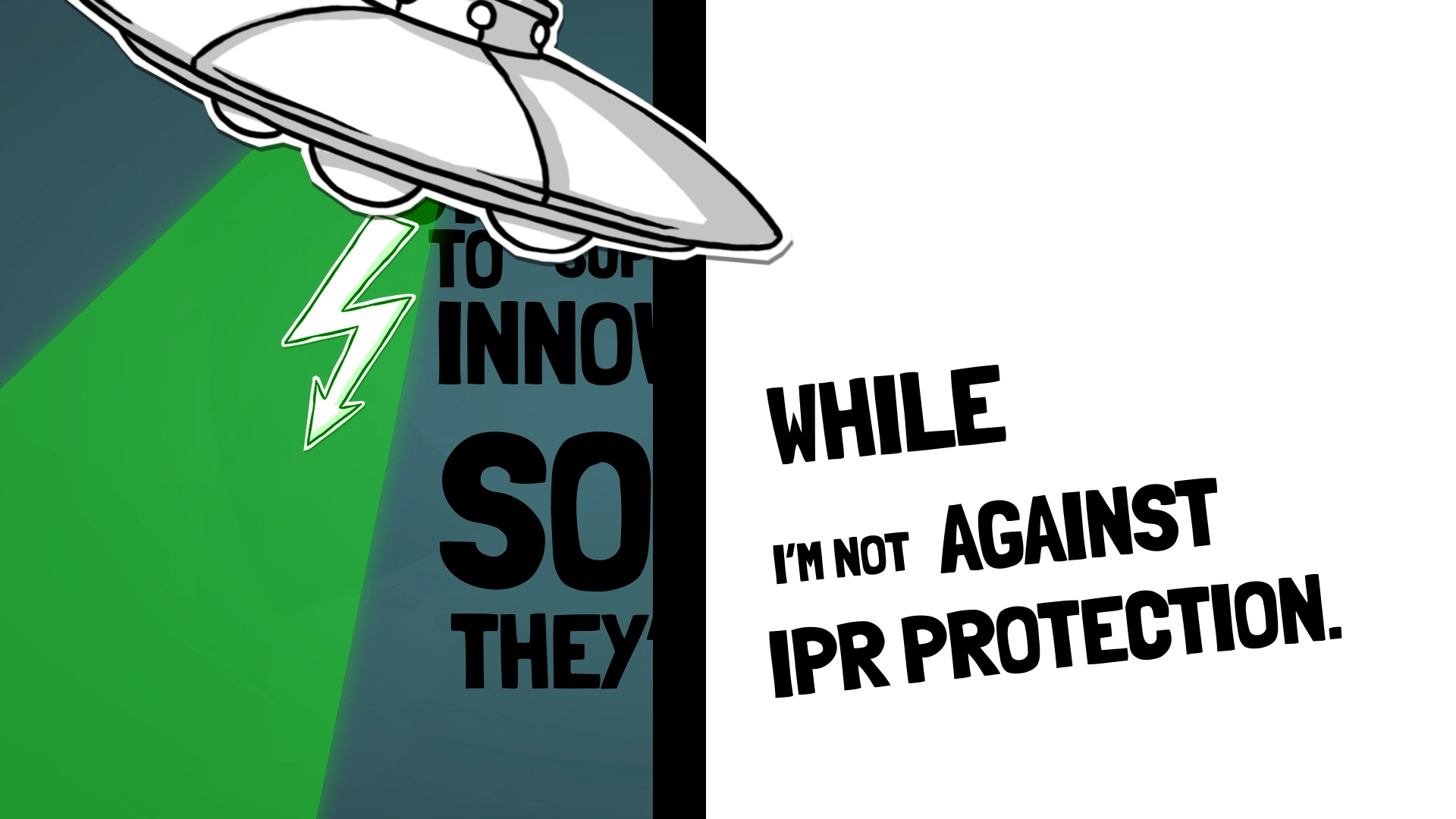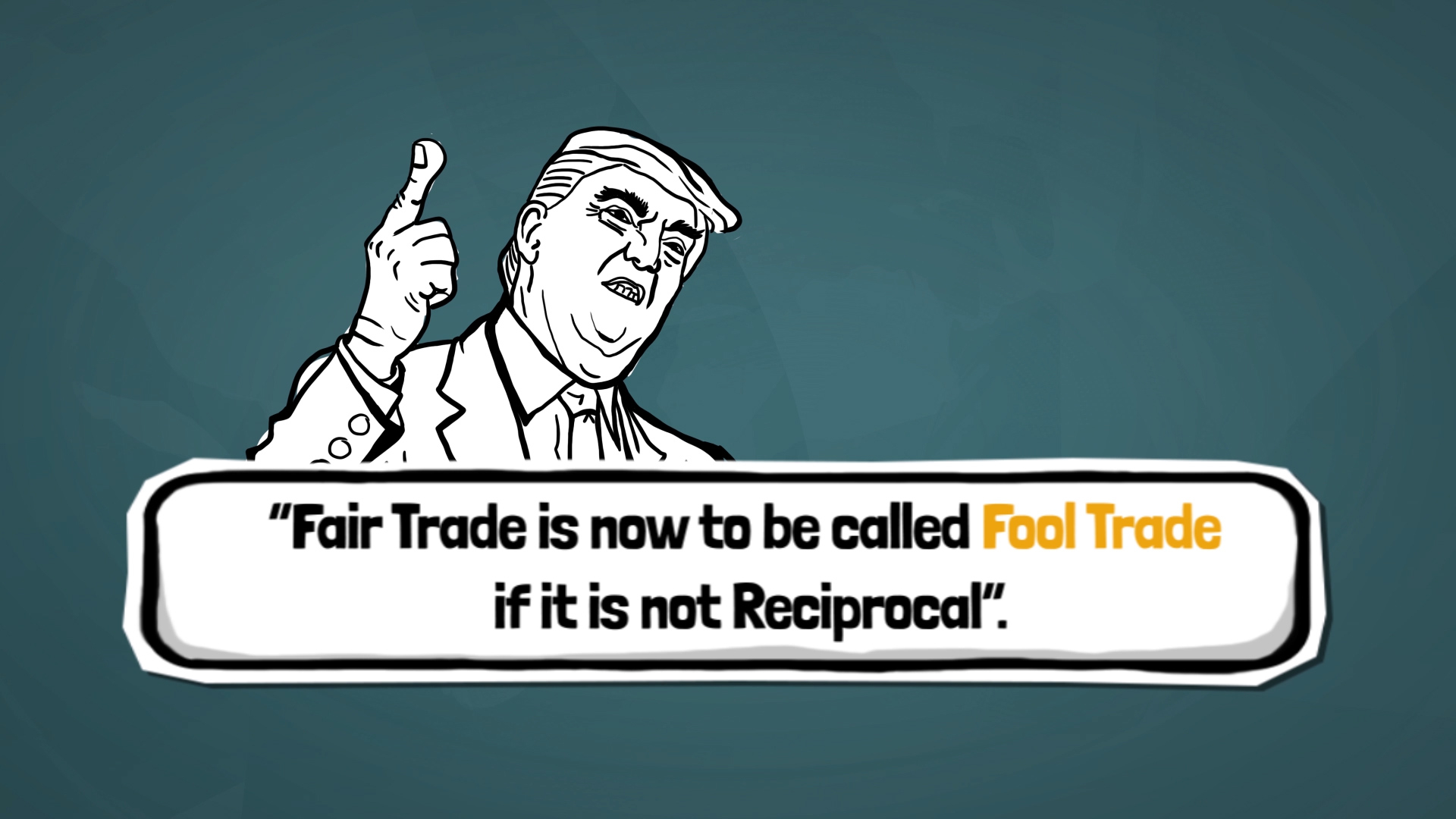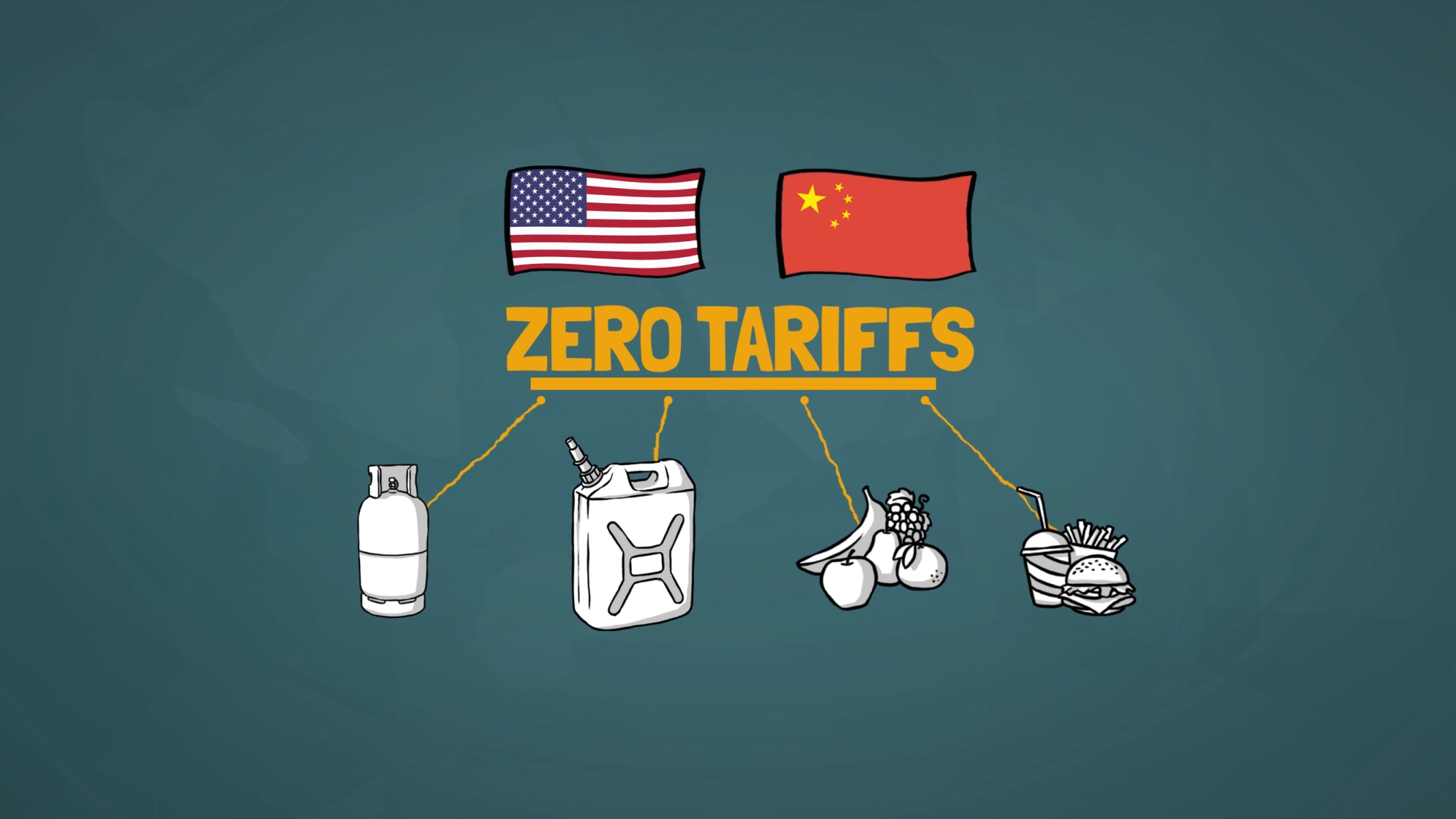
Opinions
10:55, 16-Nov-2018
Opinion: Free trade or fair trade?
Updated
10:35, 19-Nov-2018
Xu Qinduo
03:41

Editor's note: Xu Qinduo is China Radio International's former chief correspondent to Washington and a senior fellow of the Pangoal Institution. The article reflects the author's opinion, and not necessarily the views of CGTN.
One of the key demands from the US in its ongoing fight with China is “fair trade” instead of the usual free trade. So what does it mean? Is fair trade fair?
Let me focus on “fairness” for a moment before I deal with “fair trade”.
Here's a case cited in a recent Russian report, during the process of industrialization of developed nations, no thought was given to the environment or working conditions, and they did not shy from siphoning off resources from their colonies.

CGTN Photo.
CGTN Photo.
But now, citing concern for environmental protection and so on, they impose limits on developing countries, effectively denying their right to develop.
Well, it's not wrong to follow high standards. But is it fair?
Then, on the protection of Intellectual Property Rights. A report published by the South Center says, “all developed economies took off by borrowing technologies from others – the Americans and Germans industrialized by copying from the British.
Japan copied from the US, and Korea borrowed from the US and Japan. ‘However, it seems that what is ‘technological diffusion' from the perspective of the late industrializer is ‘piracy' from that of the industrial leader.' “
As noted by a US Congress advisory body, says the report, “[w]hen the United States was still a relatively young and developing country...it refused to respect international intellectual property rights on the grounds that it was freely entitled to foreign works to further its social and economic development.”

CGTN Photo.
CGTN Photo.
Now every country is supposed to respect and protect IPR. But, for poor countries, they don't have the necessary financial resources to pay for IPR, nor are they able to support innovation. So they're doomed?
While I'm not against IPR protection, my point is: is that fair for rich nations to take away the ladder after they reached the top of the wall?
Now, back to fair trade. If US levies LOW tariffs on a certain Chinese product, shouldn't China do the same to goods imported from the US?
Yes and no.
On the surface, fair trade means “equal treatment”, or “reciprocity”, as tweeted by Donald Trump, “Fair Trade is now to be called Fool Trade if it is not Reciprocal”.
But in reality, trade is more complicated than being reciprocal.
For example, both China and the US grant zero tariffs to products from the least developed nations. That's not reciprocal, but necessary steps to help poor countries.
Similarly, developing nations and developed nations, they are at different stages of development. There's a need for developing nations to nurture some of their industries for the sake of sustainable growth.

It's true even to rich nations, for example, in the United States, the federal government has maintained sugar import quotas and tariffs for the protection of American farmers.
In global trade, reciprocity seems to be too oversimplified to be realistic, too ideal to be applicable.
Scriptwriter: Xu Qinduo
Videographer: Huang Yichang
Animation consultant: Luo Qing
Animation director: Song Yuhan, Wu Xiao
Animation post-production: Yuan Min, Song Yuhan, Wu Xiao
(If you want to contribute and have a specific expertise, please contact us at opinions@cgtn.com.)

SITEMAP
Copyright © 2018 CGTN. Beijing ICP prepared NO.16065310-3
Copyright © 2018 CGTN. Beijing ICP prepared NO.16065310-3